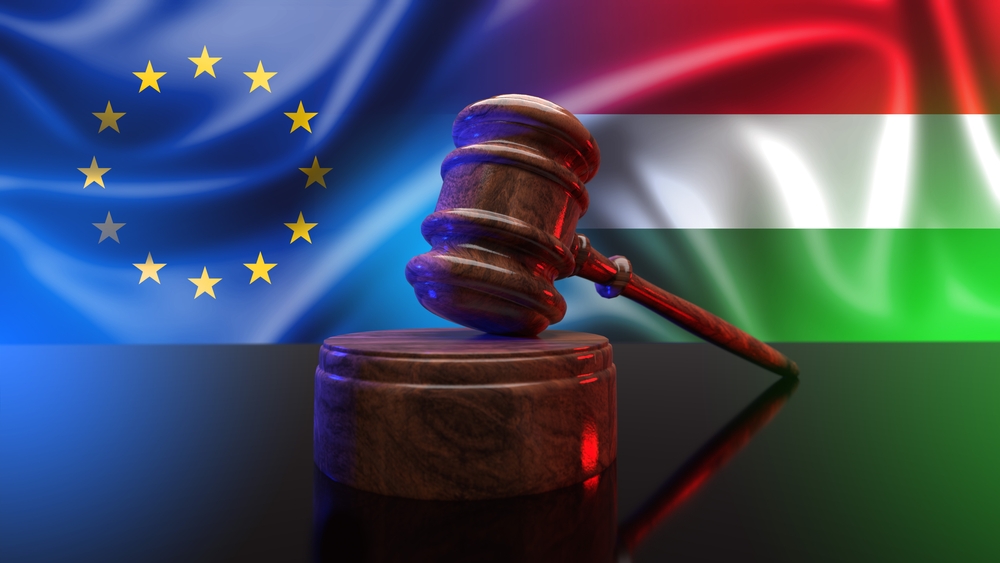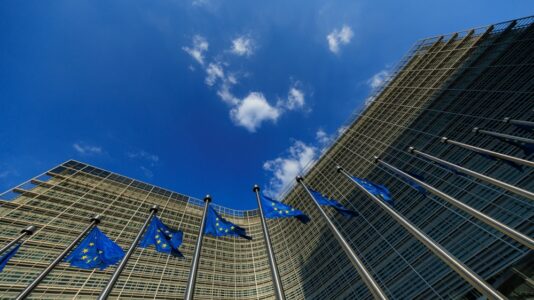The European Commission announced on Thursday that it is taking legal action against Hungary over a controversial law that imposes jail terms on organizations accepting foreign funds for political activities.
The law, passed under Hungary’s government led by Prime Minister Viktor Orbán, is part of a broader effort to curb foreign influence on domestic political matters.
The European Commission opened an infringement procedure in February, citing concerns that Hungary’s “national sovereignty” law violates core principles of the European Union, including the rule of law, democratic values, and civil freedoms. The law mandates criminal penalties for groups or individuals that receive funding from foreign sources to engage in political advocacy, which the Hungarian government argues is necessary to protect against external meddling.
In a statement issued on Thursday, the European Commission said: “After carefully assessing the reply of the Hungarian authorities, the Commission maintains that most of the grievances identified have still not been addressed.”
Despite several rounds of discussions, the Commission concluded that Hungary’s response was insufficient in addressing the concerns of Eurocrats.
The case now moves to the Court of Justice of the European Union (CJEU), where the Commission hopes to compel Hungary to amend or repeal the law.
The legal battle is the latest in a series of confrontations between the European Commission and Hungary as Budapest attempts to preserve its sovereignty on key issues like the rule of law and its migration policy.
Brussels already has existing infringement proceedings against Hungary for its refusal to adhere to the controversial EU migration pact, which compels member states to receive migrant quotas or face financial penalties.
The European Commission also withheld billions of euros in funding owed to Hungary over concerns about judicial reforms passed by the Orbán administration in what Budapest described as further meddling in national affairs.
If the CJEU rules against Hungary, the country could face financial penalties or other sanctions, further straining its relations with Brussels.






